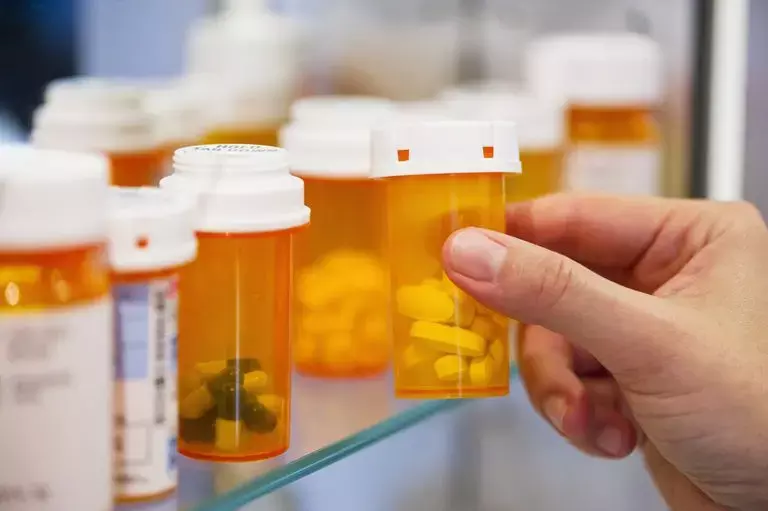- Home
- Medical news & Guidelines
- Anesthesiology
- Cardiology and CTVS
- Critical Care
- Dentistry
- Dermatology
- Diabetes and Endocrinology
- ENT
- Gastroenterology
- Medicine
- Nephrology
- Neurology
- Obstretics-Gynaecology
- Oncology
- Ophthalmology
- Orthopaedics
- Pediatrics-Neonatology
- Psychiatry
- Pulmonology
- Radiology
- Surgery
- Urology
- Laboratory Medicine
- Diet
- Nursing
- Paramedical
- Physiotherapy
- Health news
- Fact Check
- Bone Health Fact Check
- Brain Health Fact Check
- Cancer Related Fact Check
- Child Care Fact Check
- Dental and oral health fact check
- Diabetes and metabolic health fact check
- Diet and Nutrition Fact Check
- Eye and ENT Care Fact Check
- Fitness fact check
- Gut health fact check
- Heart health fact check
- Kidney health fact check
- Medical education fact check
- Men's health fact check
- Respiratory fact check
- Skin and hair care fact check
- Vaccine and Immunization fact check
- Women's health fact check
- AYUSH
- State News
- Andaman and Nicobar Islands
- Andhra Pradesh
- Arunachal Pradesh
- Assam
- Bihar
- Chandigarh
- Chattisgarh
- Dadra and Nagar Haveli
- Daman and Diu
- Delhi
- Goa
- Gujarat
- Haryana
- Himachal Pradesh
- Jammu & Kashmir
- Jharkhand
- Karnataka
- Kerala
- Ladakh
- Lakshadweep
- Madhya Pradesh
- Maharashtra
- Manipur
- Meghalaya
- Mizoram
- Nagaland
- Odisha
- Puducherry
- Punjab
- Rajasthan
- Sikkim
- Tamil Nadu
- Telangana
- Tripura
- Uttar Pradesh
- Uttrakhand
- West Bengal
- Medical Education
- Industry
Obesity influences BP responses to antihypertensive medications: Study

USA: Despite greater prescription of antihypertensive medications in obese hypertensives, attained on-treatment blood pressure (BP) is higher in them compared to non-obese hypertensive, a recent study has stated. However, further studies are needed on whether even more medication prescriptions or other interventions will equalize BP responses compared to non-obese hypertensives. The study appears in the American Journal of Hypertension.
Previous research has reported that lean hypertensives have worse clinical outcomes compared to obese hypertensives. Other studies have shown that obesity confers pharmacological resistance to antihypertensive therapy. Priyanka Bhandari, Southern Illinois University School of Medicine, Springfield, Illinois, USA, and the team explored whether higher prescribed doses of antihypertensive medications in obese hypertensives were sufficient for attaining similar on-treatment BP versus their leaner counterparts.
For this purpose, the researchers conducted a retrospective chart review of predominantly African American females from a deidentified urban referral clinic (N = 851; median follow-up = 11.3 months). Body mass index (BMI, kg/m2) was categorized as either below or above or equal to 30.
Body mass index (BMI, kg/m2) was divided as either below or above or equal to 30. Antihypertensive therapeutic intensity score (TIS) was calculated as the total daily antihypertensive dose/maximum United States Food and Drug Administration (USFDA) approved daily dose, summed across all hypertensive drugs. The significance of continuous variables across BMI categories was estimated by using general linear models.
The findings of the study were as follows:
- At baseline, systolic blood pressure (SBP) was similar between groups, though 2.7 mm Hg higher in the highest BMI group.
- Antihypertensive TIS was greater in the highest BMI category at both baseline and end of follow-up.
- After covariate adjustment end of follow-up, SBP and diastolic blood pressure were higher in the obese group by 3.4 and 1.8 mm Hg, respectively.
"Attained on-treatment BP is higher in obese than leaner hypertensives despite greater prescription of antihypertensive medications," the researchers wrote in their study. "Whether even more prescription of medications or other interventions will equalize BP responses relative to non-obese hypertensives merits further study."
Reference:
Priyanka Bhandari, Vivek Prakash, John M Flack, Influence of Obesity on Blood Pressure Responses to Antihypertensive Drug Therapy in an Urban Hypertension Specialty Clinic, American Journal of Hypertension, 2022;, hpac072, https://doi.org/10.1093/ajh/hpac072
Dr Kamal Kant Kohli-MBBS, DTCD- a chest specialist with more than 30 years of practice and a flair for writing clinical articles, Dr Kamal Kant Kohli joined Medical Dialogues as a Chief Editor of Medical News. Besides writing articles, as an editor, he proofreads and verifies all the medical content published on Medical Dialogues including those coming from journals, studies,medical conferences,guidelines etc. Email: drkohli@medicaldialogues.in. Contact no. 011-43720751


